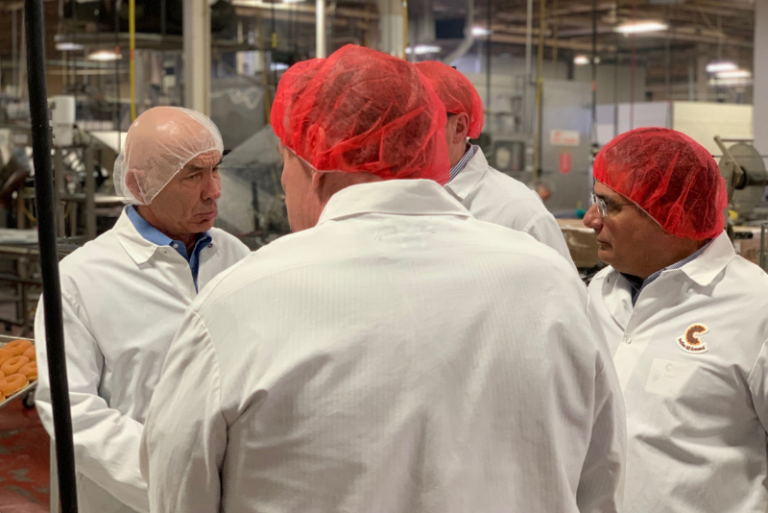“This is the first time I’m running someone else’s company, not one that I started,” Jung said. “It puts me in a unique position because most startups are run by the person who founded them. But I have to credit Derek and Alana for having the wherewithal to say, ‘Maybe we should bring in someone with experience to round out the great things we are already doing.’ That’s been a key to so rapidly propelling our growth. I can see things differently because I don’t have that emotional attachment as a founder.”
Although the company had yet to be “born” when Jung took the helm, Jaeger’s and Arnold’s clear vision provided a firm foundation from which Jung could catapult the brand.
“Derek and Alana knew exactly what they wanted, and they knew what they wanted the product to be,” he recalled. “The question was, ‘Would anyone else want it?’ I knew the answer was yes, but the risk was not knowing if that would be the case. But we were unapologetically who we were and boldly building the company they wanted.”
That risk came with reward. The cookie company recently secured a $1 million injection of capital to continue its trajectory.
While Last Crumb is riding the momentum of sellout drops, the innovation doesn’t stop. Jung is using that investment to fuel progress, first by moving out of its commissary and into its own facility 10 times larger. There, it can continue product development, scale up production and upgrade packaging to enhance the already memorable unboxing experience.
“We’ve been able to grow demand significantly, keep the momentum going and continue using the drop model while trying other things,” Jung said. “That’s not easy to do. It’s working great for us now and has helped with some of those flywheels of our organic growth.”
From Jung’s experience, the success wasn’t necessarily driven by the drop model. In fact, it might be fair to say that his skepticism played a critical role. After launching nearly half a dozen startups himself, he knows the potential pitfalls that come from those common misconceptions early-stage founders often have.
After all, rapid growth is not synonymous with easy growth. Jung and his team — having expanded from three people to 25 in about 10 months — take every step with intention, despite the speed.
“Things like, ‘We just need to throw it up online, do some drop models and we’ll make a lot of money,’ those don’t work,” he cautioned. “If it were that easy, I’d be living on a yacht right now. You can’t just build it and expect them to come.”
He compared a company taking off faster than expected to a sailboat riding a hurricane.
“Everyone is either trying to jump off the boat or change its course, but that won’t work,” he said. “My job is to trust the program and stay the course.”










